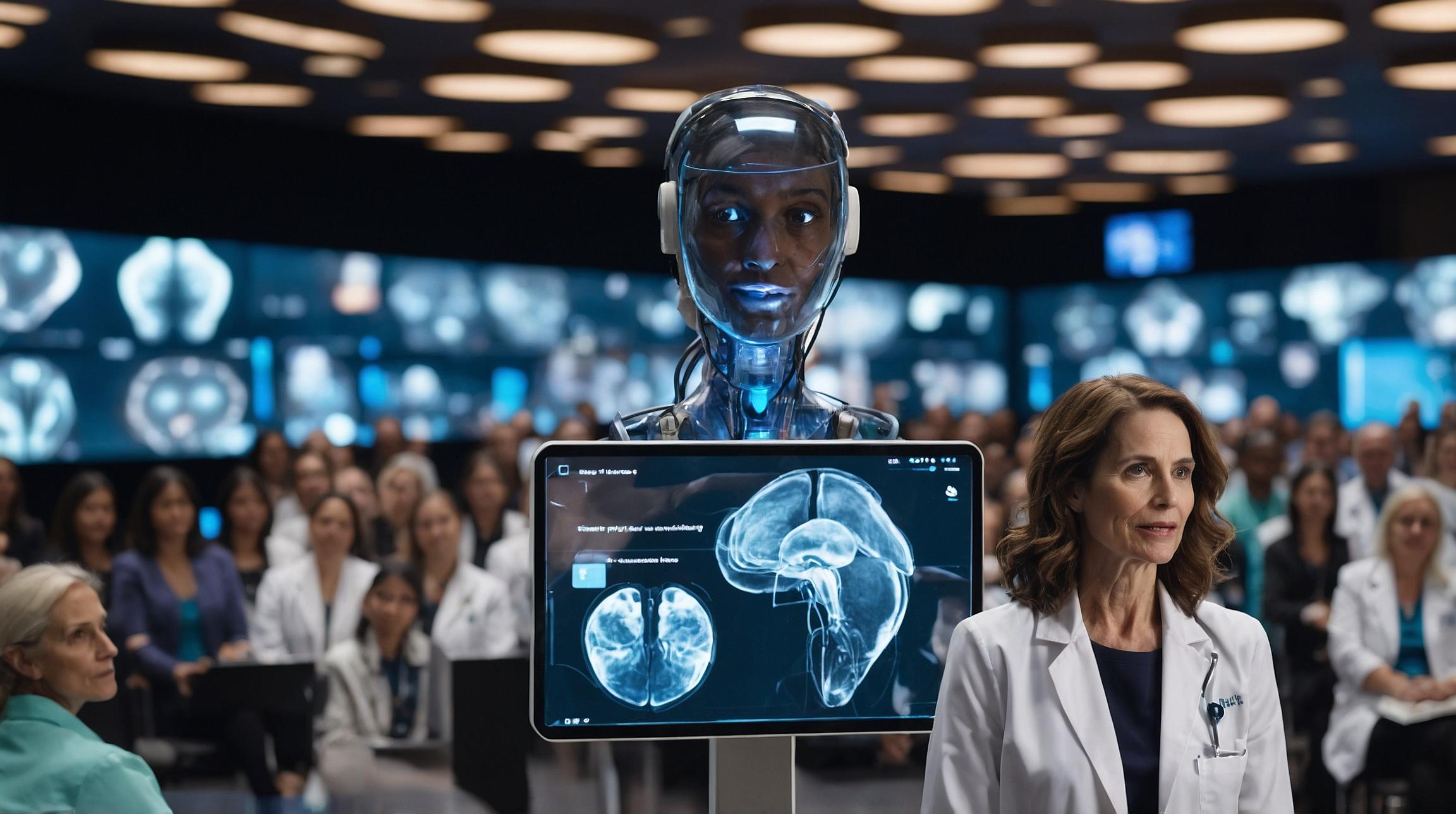Epic Systems' AI Innovations in Healthcare
Epic Systems, a leading healthcare software provider, is set to revolutionize the healthcare industry by launching over 100 new AI features designed for both doctors and patients. In a lively presentation held in an underground auditorium, Epic's CEO Judy Faulkner announced these innovations while donning a creative swan costume, setting a spirited tone for the annual Users Group Meeting (UGM) at their Verona, Wisconsin headquarters.
Transforming Patient and Doctor Interactions
Epic Systems' technology is pivotal, being utilized in numerous U.S. hospitals and clinics and holding medical records for over 280 million individuals. The company is enhancing its products, including the MyChart app, a tool for patients to access their medical records, and Cosmos, a dataset for clinical research. This year's UGM, themed 'storytime', highlighted new AI features that aim to simplify healthcare processes.
AI Integration into Healthcare Tools
According to Faulkner, Epic is working on AI tools that will assist in translating complex medical jargon into plain language understandable by patients. This includes AI functionalities to automatically prepare prescription and lab orders. Moreover, the AI will help medical professionals draft appeal letters for insurance denials and review prior authorization requirements.
Future Prospects with AI
By 2025, Epic plans to enhance MyChart with AI that can integrate patient results, medications, and other vital details, facilitating effective communication between doctors and patients. Planned features also include AI-assisted wound measurements from images. A new app, "Teamwork", is set to streamline staff scheduling for healthcare workers.
Demo of AI Potential
To showcase potential future capabilities, Seth Hain, Epic's SVP of Research and Development, demonstrated an AI agent through MyChart that interacted with a patient's recovery data in real-time. This futuristic vision includes AI evaluating physical therapy progress using a camera, as seen in a wrist recovery case.
The Road Ahead
While these innovations are promising, their adoption within health systems remains uncertain. The demo showcased real-time AI functionality but highlighted that widespread availability could take years. As Epic pioneers these efforts, the healthcare community watches closely to see how these tools will be integrated and utilized.
Epic's strategic focus on AI showcases its commitment to transforming healthcare operations, ensuring a future where technology bridges the gap between doctors and patients effectively and efficiently.













